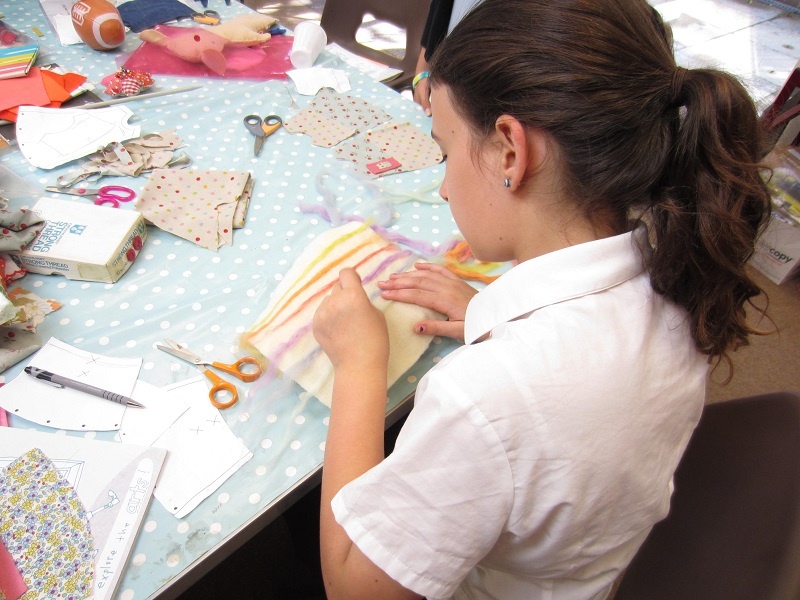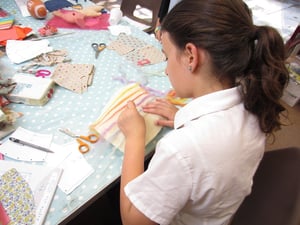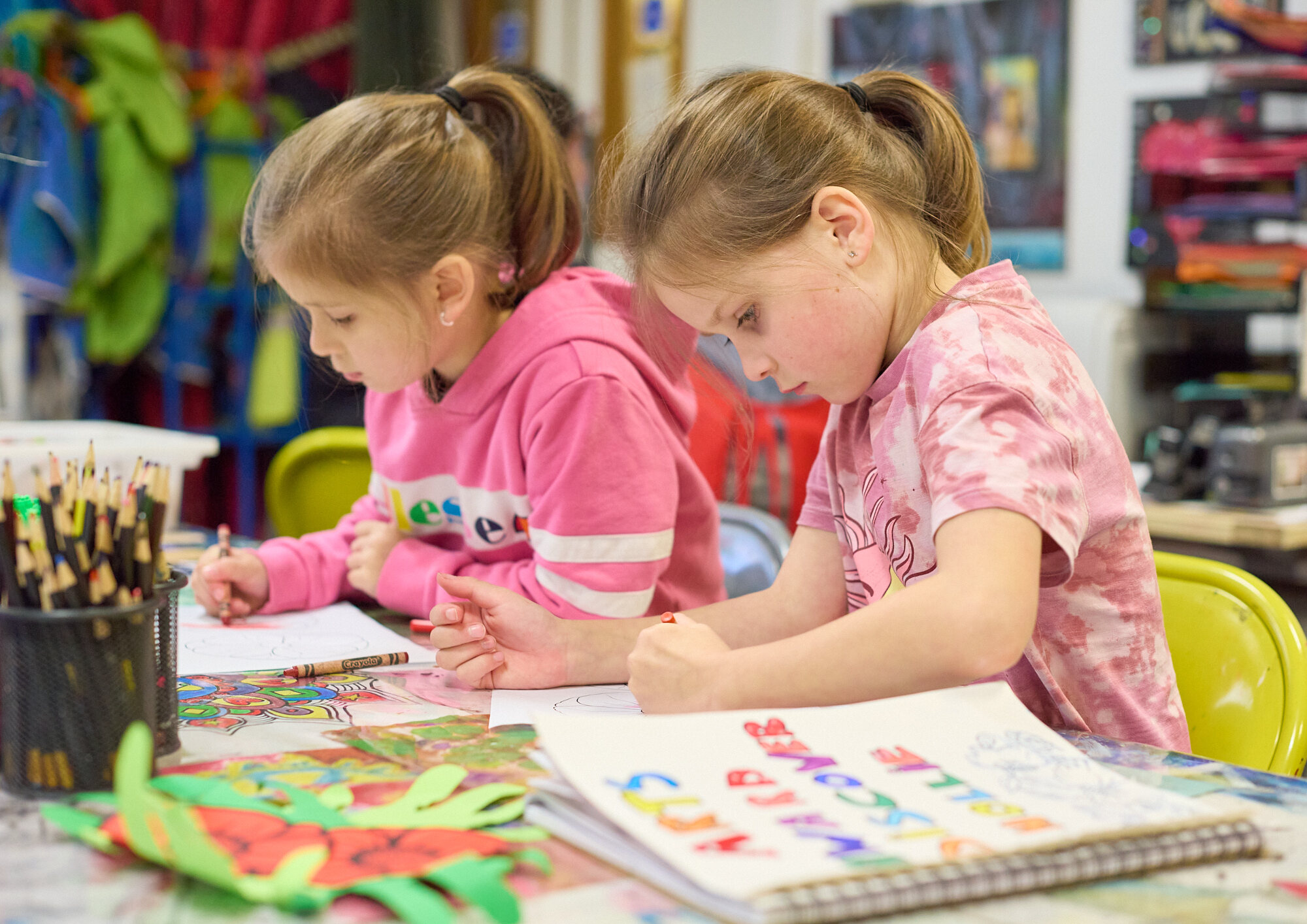
Budget vs reality – how to make the most out of your arts provision
BY: Annabel Thomas
24 Oct 2018
It’s not news that school budgets are increasingly feeling the pinch. Just last month over 1000 teachers marched on parliament demanding more funding for their schools, and many cited the arts as being an area of provision they were most concerned about. Increasingly schools are having to make the case for why they should keep some, or all of their arts subjects, and find imaginative ways to make their budget stretch further. In this blog we will look at some of these arguments and give you a few ideas to suit a range of budget points and help you champion the arts in your school.
The arts are fun!
I don’t think that this is celebrated enough! Yes, schools need to equip young people to thrive  in the modern world, but what is the point if there can’t be some joy involved? Darren Henley in his recent profile in TES even stated that we should celebrate the joy of the arts more, and I thoroughly agree with this. The enjoyment children and young people get from taking part in arts activities and creating their own art is wonderful. If you do need further reasons to embrace creative subjects, this enjoyment may also help to foster a more positive attitude towards school overall – no bad thing!
in the modern world, but what is the point if there can’t be some joy involved? Darren Henley in his recent profile in TES even stated that we should celebrate the joy of the arts more, and I thoroughly agree with this. The enjoyment children and young people get from taking part in arts activities and creating their own art is wonderful. If you do need further reasons to embrace creative subjects, this enjoyment may also help to foster a more positive attitude towards school overall – no bad thing!
The arts help develop vital 21st century skills
We've spoken before about how Arts Award can help to develop vital 21st century skills such as teamwork, communication, resilience and metacognition, but it bears repeating. The arts are vital in ensuring that young people not only have the knowledge needed to thrive in school and beyond, but also support them in becoming critical, engaged members of society. ‘Soft’ or ‘transferable’ skills can often be hard to teach, and even harder to quantify, but the arts are a key way of ensuring that young people move on to the next stage of their lives as prepared as possible.
They help give real-world insights into creative careers
 Schools are increasingly having to focus attention on providing a meaningful, authentic careers strategy. This is especially true for secondary schools, but primary schools also have a role to play in encouraging pupils to think about their future. What better way to do so than to invite in, or take pupils to, an arts organisation? They can find out about the huge range of jobs that are available in the arts, beyond being a performer or artist. I’ll never forget the moment when a little girl realised that costume designers and makers at the theatre I worked in were real people – she was so excited to discover this new route she could take, and I hope she is still just as excited to explore this avenue as a potential career.
Schools are increasingly having to focus attention on providing a meaningful, authentic careers strategy. This is especially true for secondary schools, but primary schools also have a role to play in encouraging pupils to think about their future. What better way to do so than to invite in, or take pupils to, an arts organisation? They can find out about the huge range of jobs that are available in the arts, beyond being a performer or artist. I’ll never forget the moment when a little girl realised that costume designers and makers at the theatre I worked in were real people – she was so excited to discover this new route she could take, and I hope she is still just as excited to explore this avenue as a potential career.
So I’ve spoken a bit about why the arts are important, but just how can you support this when you have limited resources, and when you are having to contribute to a communal tea and coffee pot in the staffroom?
If you’ve got £2 per head…
Why not start or develop a school choir? There are lots of great, free resources available to support you, such as Friday Afternoons. Choirs help develop teamwork, and studies have shown that they can be great for mental health as well!
£5 per head…
Visit a gallery or museum! £5 per head could cover the cost of the coach (and if you are lucky enough to be in London don’t forget that travel for school groups is free on public transport!) See what is near you by using the Arts Award Supporter website, and link a visit to the curriculum. Trips have many benefits and can be a really impactful way to deliver a topic, or inspire a class.
£15 per head...
If you can stretch to the dizzying heights of £15 per child, why not consider using Arts Award Discover to celebrate an Arts Week? The budget can go towards Arts Award certificates, but you will have lots left for materials, or perhaps engaging with an external artist for a memorable event.
These are just some ideas to get the creative juices flowing – you can get more suggestions via our arts provision ideas generator or let us know the ways you are supporting the arts in your school! Even when money is tight, with a little planning you may find you are able to offer more value than you thought possible.
Related posts
BY: Kat Stapley-Smith
BY: Diana Walton
BY: Natalie Christopher





Comments & Replies